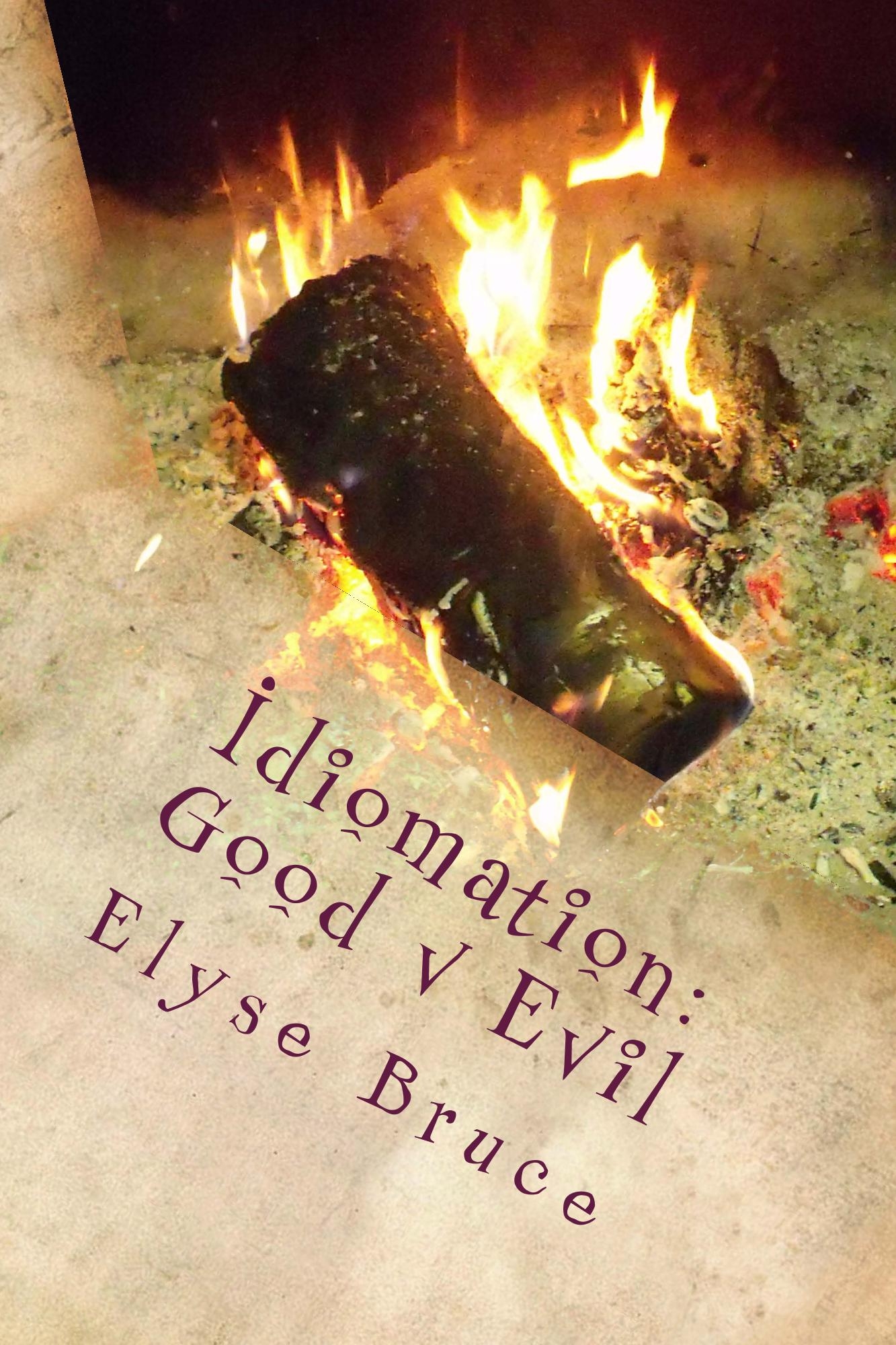Still Waters Run Deep
Posted by Admin on November 15, 2010
The phrase “still waters run deep” has been around for a while. It serves to remind people that those who are quiet may prove to be very complex or passionate even though they don’t show that side of themselves to the general public.
Prolific and respected English Victorian-era novelist, Anthony Trollope, wrote in his book, He Knew He Was Right, published in 1869:
That’s what I call still water. She runs deep enough . . . . So quiet, but so clever.
“Still Waters Run Deep” was a play by well-known editor of Punch magazine, biographer and popular British dramatist, Tom Taylor (1817-1880). It was produced on stage on May 14, 1855 with Alfred Wigan as John Mildmay and his wife, Mrs. Wigan, in the role of Mrs. Sternbold.
However, the phrase “still waters run deep” existed before that time. In the Third Series, volume 7 of “Notes and Queries” that was published in January 1865, the following query is found:
STILL WATERS RUN DEEP. I have been accustomed to hear this phrase used for the last fifty years. Where does it first occur in print?
It would appear that the phrase was already well-known and found in every day conversations around 1810. Going back further yet, the phrase “still waters run deep” was attested in the United States in the 1768 works of William Smith.’ And before then, the phrase was included in James Kelly’s 1721 collection of proverbs. And it was T. Draxe who recorded the adage in 1616 when he published:
Where riuers runne most stilly, they are the deepest.
In the end, however, the phrase “still waters run deep” can be traced back to around 1300 in the Middle-English historical and religious poem of nearly 30,000 lines long entitled Cursor Mundi, ‘in the segment entitled “Cato’s Morals.” A great deal of the text focuses on the history of the Cross and is considered as an accepted summary of universal history. In this poem the following is found:
“There the flode is deppist the water standis stillist.”


Leave a comment